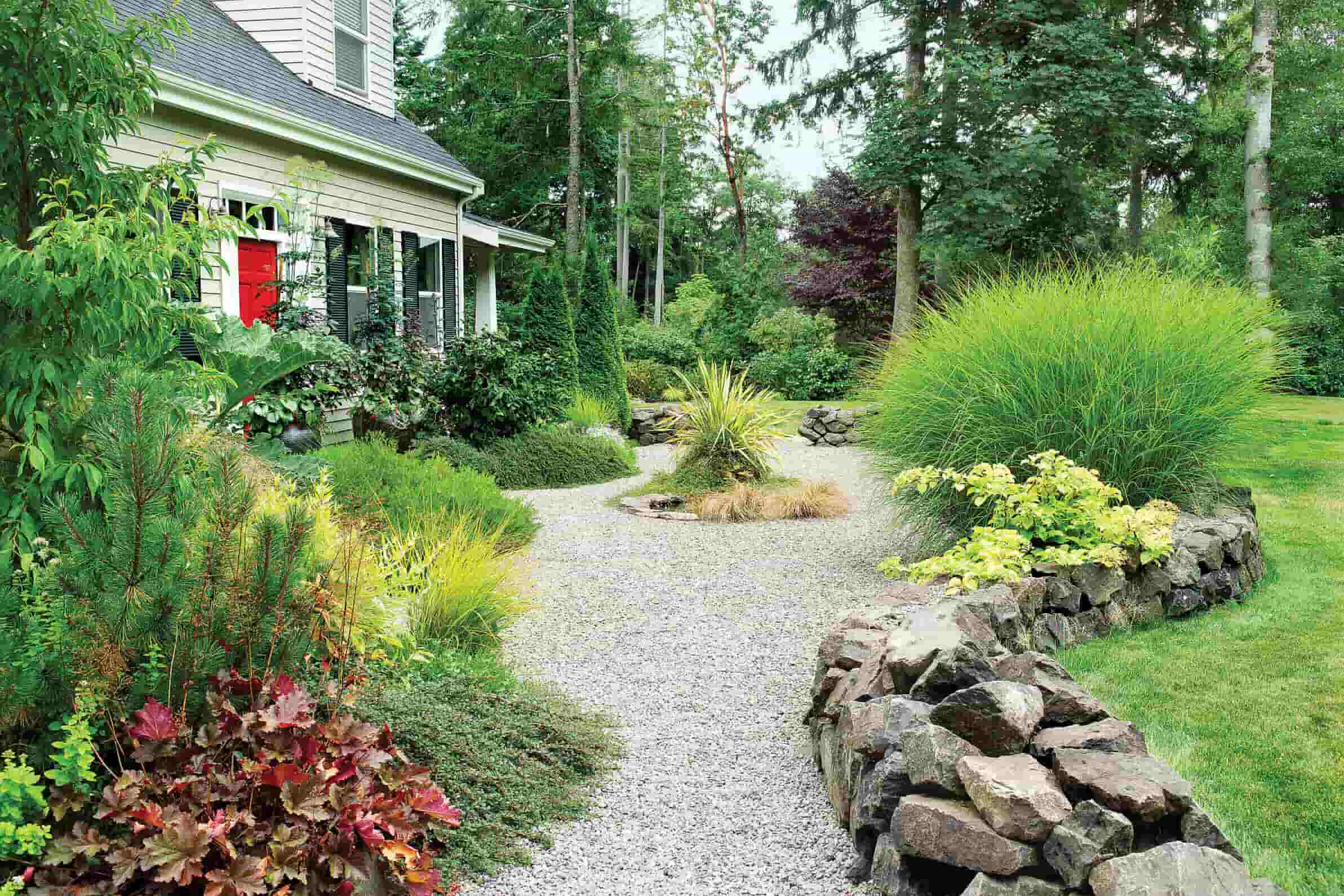Grasping Soil Health for Effective Landscaping

In the realm of transforming outdoor spaces, landscaping is both an art and a science that can significantly enhance the beauty and functionality of any property. Whether you are a homeowner looking to create a personal retreat or a business owner seeking to entice customers with an attractive facade, investing in effective landscaping can yield impressive results. However to achieve these results, you must understand the foundational element of any good landscape design : soil health.
Nurtured soil not only supports thick grass and flourishing gardens but also sustains the complete ecosystem of your yard. It is a vital component that promotes growth of plants, facilitates proper drainage, and prevents erosion. In this article, we'll delve into how understanding soil health can elevate your landscaping efforts, the benefits of hiring professional services, and helpful advice for maintaining a stunning outdoor space throughout the seasons. You can either go for a DIY approach or seek professional assistance, being knowledgeable about soil and landscaping principles will empower you to make the best decisions for your property.
The Advantages of Skilled Landscaping
Investing in skilled landscaping can significantly enhance the visual appeal of your home. A carefully planned landscape not only creates an inviting atmosphere but also reflects your personal style and enhances curb appeal. Professionals understand how to coordinate colors, textures, and plant varieties to create a harmonious look that catches admiration and appreciation. This degree of design knowledge can change simple outdoor spaces into stunning landscapes that leave a lasting impression.
In addition to boosting the visual aspect, skilled landscaping can provide considerable functional benefits. Skilled landscapers are aware about local climate conditions, soil types, and the ideal plants for your particular environment. They can design outdoor spaces that emphasize sustainability and low maintenance, reducing homeowners effort in upkeep. Furthermore, well-planned landscapes can better drainage, reduce soil erosion, and optimize water usage, helping to create a better environment for your plants as well as your local area.
One of the most convincing reasons to hire a professional service is the potential rise in property value. Aesthetically landscaped homes typically see a substantial return on investment, often recouping a considerable portion of landscaping costs in the property's resale value. inground pool maintained landscape can make your home more attractive to potential investors, highlighting the care and work put into your land. This rise in value, together with greater quality of life, makes professional landscaping a prudent investment for both homeowners and companies.
Essential Lawn Care Methods
Caring for a lush lawn requires regular attention and efficient practices. One of the most important elements is proper mowing. It is recommended to keep the grass at a level of around 3 in., as cutting too short can stress the lawn and make it more vulnerable to weeds and diseases. Additionally, using a sharp mower blade ensures sharp cuts, promoting healthier grass growth. Regular mowing also encourages denser turf, which can help suppress unwanted weeds.
Nourishment plays a major role in lawn health as well. A well-balanced fertilizer that matches the specific needs of your grass type will supply necessary nutrients for growth. Timing is important; applying fertilizers during the growing season ensures that your lawn can utilize these nutrients effectively. It is also advantageous to conduct soil tests to understand the nutrient content and pH level of your soil, allowing for tailored fertilization strategies that can boost your lawn's vitality.
Irrigation correctly is another essential practice for a robust lawn. Thick watering less frequently encourages more extensive root growth, which contributes to resilience against drought. Aim for about one inch of water per week, whether through rainfall or additional irrigation. It's recommended to water in the morning to reduce evaporation and fungal diseases. Additionally, understanding the signs of too much water, such as pooling water or discolored grass, can help avoid damage and maintain a strong lawn.

Sustainable Gardening Solutions
Eco-friendly landscaping is centered on designing an ecosystem that blends with the natural world and addressing the needs of property owners and communities. By incorporating local plants and natural materials, landscaping can cut down on water usage and lessen the need for artificial fertilizers and pesticides. Native plants are suited to the local environment and soil conditions, making them simpler to maintain and more robust to pests and diseases, ultimately leading to a more vibrant ecosystem.
In addition to flora selection, employing practices like water-wise gardening can significantly enhance sustainability. Water-wise gardening includes planning a landscape that requires little irrigation by employing water-efficient plants, efficient irrigation systems, and ground cover to retain soil moisture. This method not only conserves water, and it also reduces maintenance costs and labor while creating a beautiful outdoor space for relaxation and enjoyment.
Additionally, sustainable landscaping can be crucial in reducing energy consumption. Thoughtful placement of trees and shrubs can create organic windbreaks and shade, helping to cool your home in summer and reduce heating costs in winter. Utilizing porous materials for hardscaping allows for better drainage and minimizes runoff, further contributing to a green landscape that supports both the home and the ecosystem.
